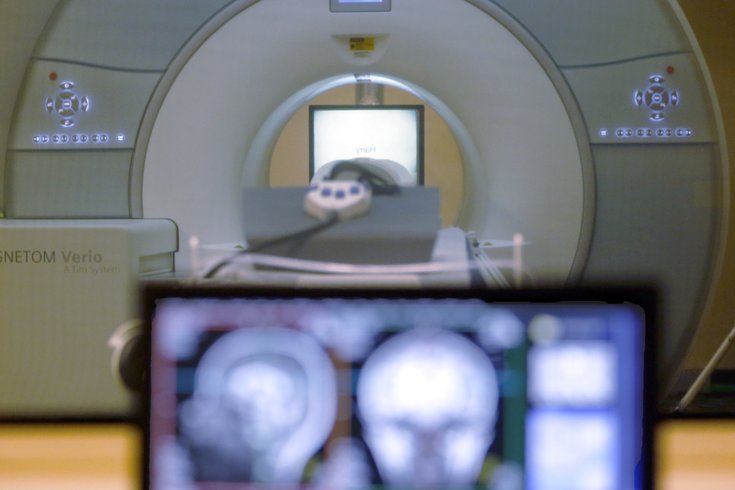
April 12, 2015
 Keith Srakocic/AP
Keith Srakocic/AP
The brain-scanning MRI machine that was used at Carnegie Mellon University in Pittsburgh, for an experiment on tracking brain data is seen on campus Wednesday, Nov. 26, 2014.
A new study from researchers at UCLA shows that women who use birth control may experience changes to the structure and function of their brain.
The study looked at the brains of 44 women who use oral contraceptives pills and 46 women who don't. Those women who did use contraceptives had "significantly lower cortical thickness measurements in the lateral orbitofrontal cortex and the posterior cingulate cortex."
The posterior cingulate cortex is responsible for several functions including memory and learning, while the lateral orbitofrontal cortex has been linked to emotions and how we respond to rewards.
Neuroscientist Nicole Petersen, the study's lead author, told The Huffington Post that the findings could help explain some of the potential side effects of birth control:
"Some women experience negative emotional side effects from taking oral contraceptive pills, although the scientific findings investigating that have been mixed. So it's possible that this change in the lateral orbitofrontal cortex may be related to the emotional changes that some women experience when using birth control pills."
The authors did not conclude that oral contraceptives were the cause of these differences and said further research was needed to determine whether behavioral changes result from the thinning.